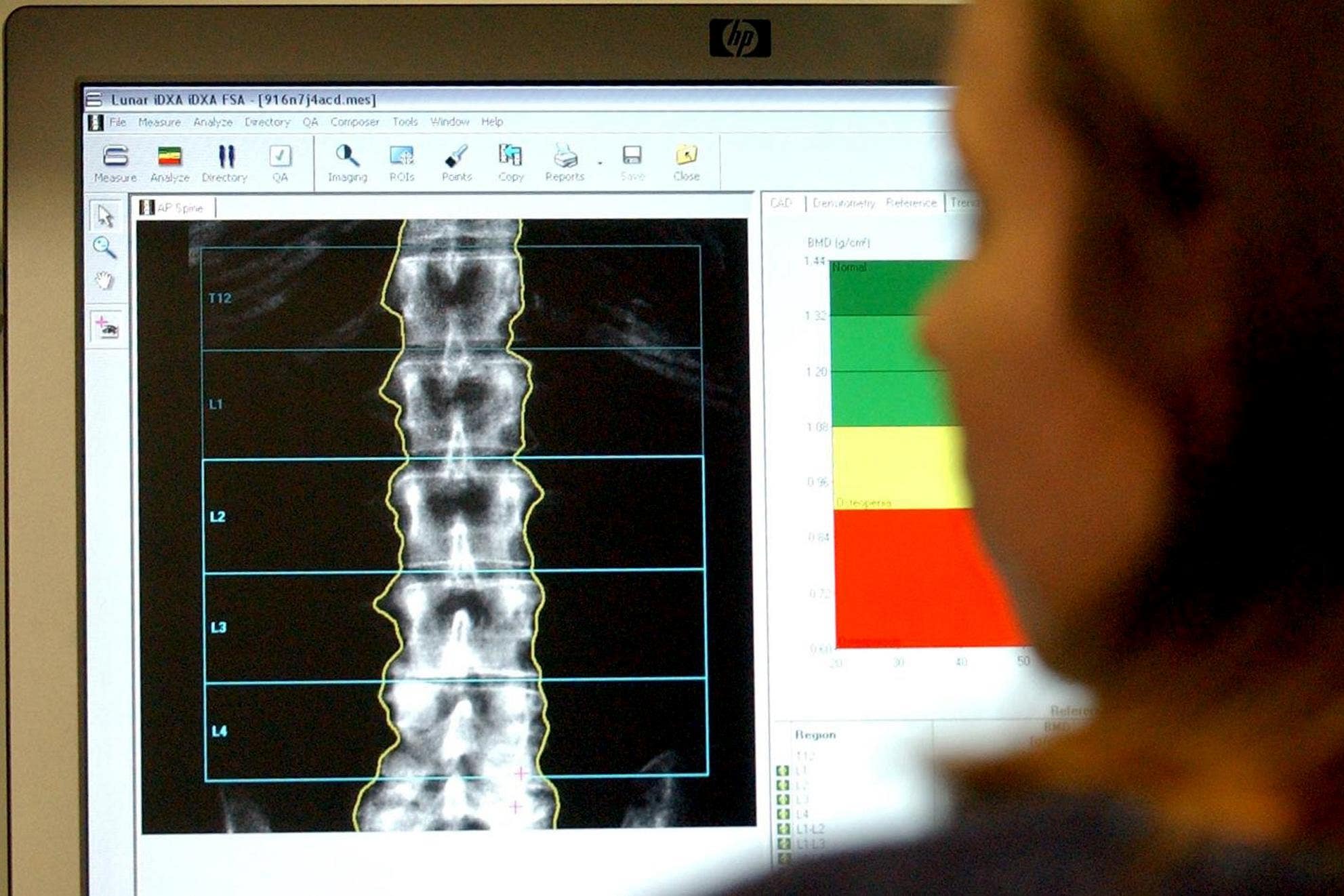Vitamin D supplements in pregnancy shown to improve bone density in childhood
Researchers said bone density scans showed they contained more calcium and more minerals, making them stronger and less likely to break.

Your support helps us to tell the story
From reproductive rights to climate change to Big Tech, The Independent is on the ground when the story is developing. Whether it's investigating the financials of Elon Musk's pro-Trump PAC or producing our latest documentary, 'The A Word', which shines a light on the American women fighting for reproductive rights, we know how important it is to parse out the facts from the messaging.
At such a critical moment in US history, we need reporters on the ground. Your donation allows us to keep sending journalists to speak to both sides of the story.
The Independent is trusted by Americans across the entire political spectrum. And unlike many other quality news outlets, we choose not to lock Americans out of our reporting and analysis with paywalls. We believe quality journalism should be available to everyone, paid for by those who can afford it.
Your support makes all the difference.Children whose mothers took extra vitamin D during pregnancy continue to have stronger bones at the age of seven, according to new research.
Bone density scans taken for the study led by the University of Southampton and University Hospital Southampton (UHS) showed they contained more calcium and more minerals, making them stronger and less likely to break.
The researchers say the findings, published in The American Journal of Clinical Nutrition, reinforce the importance of the use of vitamin D supplements in pregnancy as a public health strategy.
Our findings show that the benefits of vitamin D supplementation during pregnancy persist into mid-childhood
Dr Rebecca Moon, NIHR (National Institute for Health and Care Research) clinical lecturer in child health at the University of Southampton, said: “Our findings show that the benefits of vitamin D supplementation during pregnancy persist into mid-childhood.
“This early intervention represents an important public health strategy. It strengthens children’s bones and reduces the risk of conditions like osteoporosis and fractures in later life.”
Vitamin D regulates the amount of calcium and phosphate in the body – minerals essential for bones, teeth and muscle health.
In 2009, researchers launched the Mavidos (Maternal vitamin D osteoporosis) study, which recruited more than 1,000 women from Southampton, Oxford and Sheffield.
During their pregnancy, the women were randomly divided into two groups, with one group taking an extra 1,000 International Units of vitamin D per day and the other taking a placebo tablet.
The pregnant women, and the doctors and midwives looking after them, did not know which group they were in.
Previous research assessed the children’s bone health at the age of four and the results showed that bone mass was greater in children born to mothers who had had vitamin D supplementation during pregnancy compared with those who had not.
Pregnant women in the UK are now routinely advised to take vitamin D supplements
For the latest study, the researchers investigated whether the effects on bone health continued into mid-childhood and followed up with 454 children aged six and seven, all of whom were from the Southampton area.
A University of Southampton spokesman said: “The results confirmed that the beneficial effect on children’s bones was similar at ages four and six to seven.
“Pregnant women in the UK are now routinely advised to take vitamin D supplements.”
– The research was funded by Versus Arthritis, the Medical Research Council, the National Institute for Health and Care Research, and the Bupa Foundation.